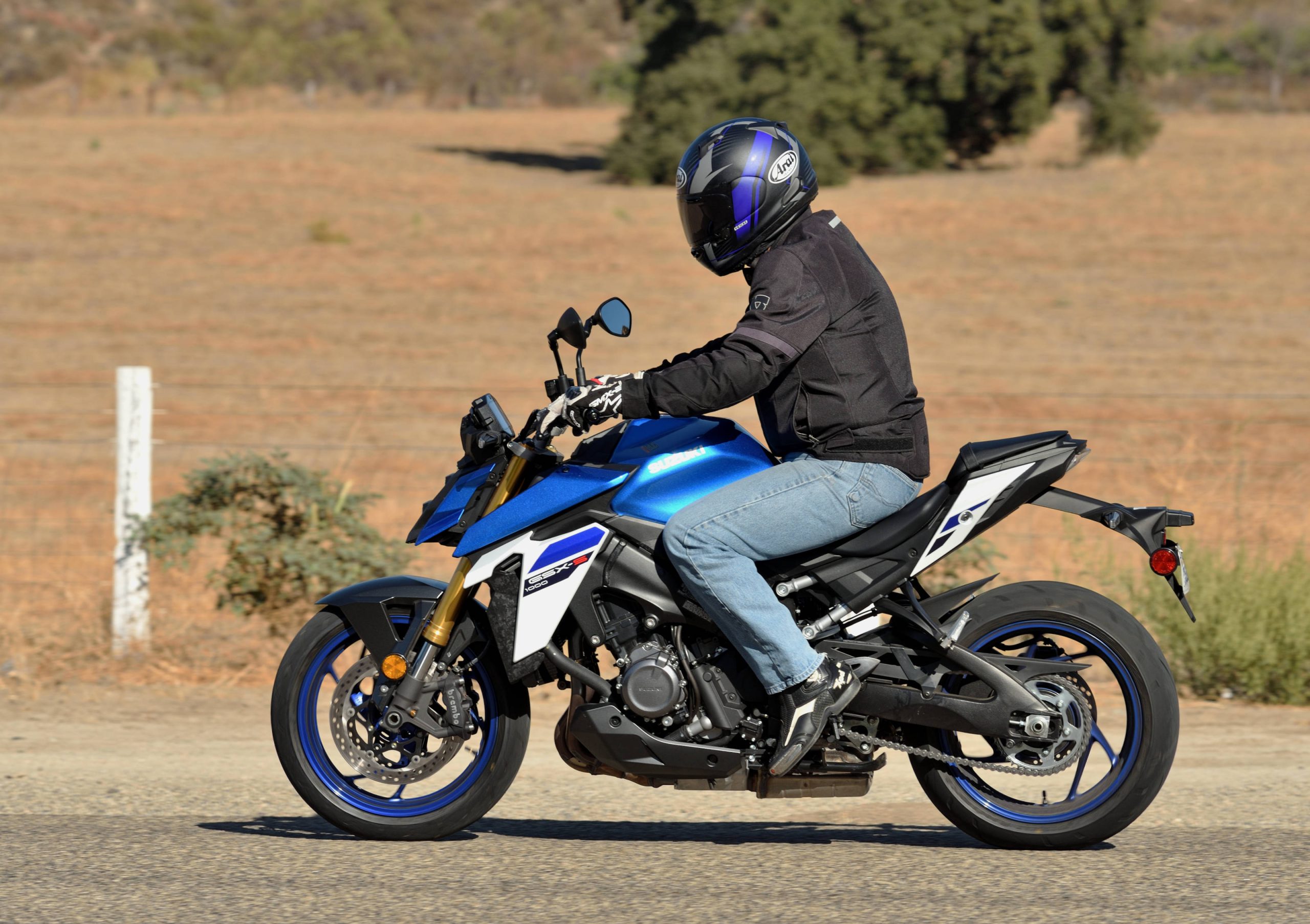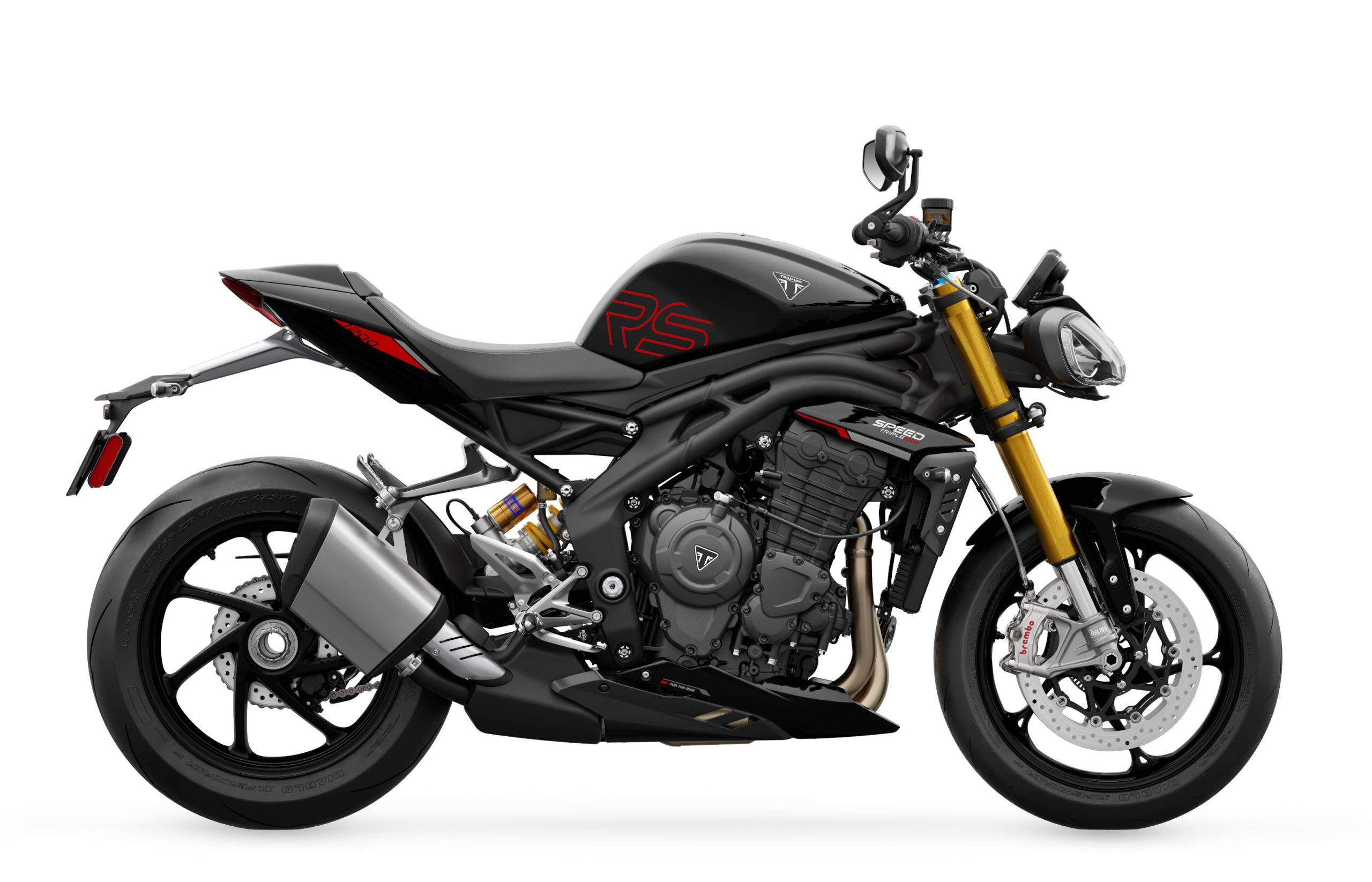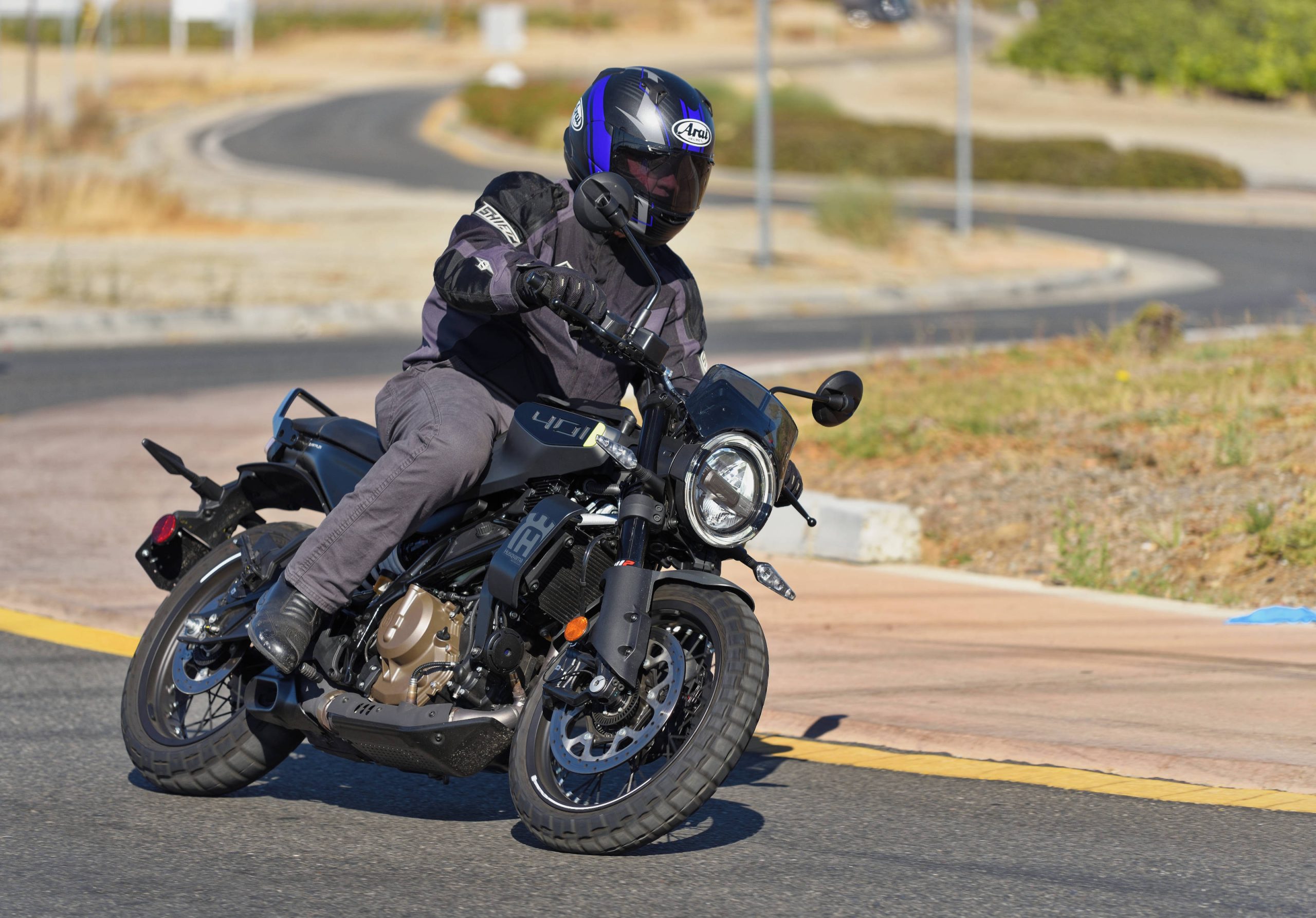Below is a letter from Travis Pastrana’s father, Robert, regarding Travis’ medical condition and the Pastrana family’s decision to let Travis decide for himself regarding whether he should quit racing this year (allowing himself time to heal from his concussions) or keep going. Following the letter is a commentary by MD. The commentary is not directed at the Pastrana family or their decision. That is a family decision, and we respect that. The commentary is directed more at the nature of Travis’ injury (concussion — including, repeated concussions), and the example being set here for younger riders and their families dealing with similar situations.
Here is Mr. Pastrana’s letter.
Travis’ health seems to be the topic of conversation these days, with the most asked question being, “How can Travis’ parents let him race after a concussion?” American Suzuki is also concerned. Concerned enough that they called and told Travis after Unadilla – when he still had a 26-point lead in the series – that he could take off as long as he wanted, that the title was not a concern. Debby and I also tell Travis each and every day that winning titles, winning races, or even competing in races is of no concern to us. We, like Suzuki, stand fast in our effort to make Travis aware of each and every danger this sport of ours presents to every rider in the circuit. Travis has friends who have died racing, and he has friends who are paralyzed from racing. These athletes went to the starting line to compete in a sport they love, not knowing that it may be the last time [they race], but knowing all too well the dangers involved. Every time Travis pulls up to a pro starting line I get gut-wrenching pains in my lower chest and a desire to get my son as far away from this sport as possible. Because to be the best at a sport like ours, you have to constantly be on the edge. When you have wheels and a motor under you – the edge is a very dangerous place!
Travis spends an awful lot of Mondays in the doctor’s office – always has! Pain and injury are not new to my son. He is currently in a leg brace and shoulder brace from Sunday’s race at Washougal. It’s Tuesday evening and he’s just left 1,000 calories lying in the form of sweat under his Stairmaster and spinning bike. We talked about the X Games in two and a half weeks and his next three pro nationals. A gold medal and the No. 1 plate are the only thoughts he has.
My son is only 17, but he is a seasoned warrior. When I was Travis’ age I enlisted in the United States Marine Corps. Because I was only 17, my parents had to sign for me. It was 1967 and Vietnam was in full swing. My dad called me a “damn fool” and my mom cried, but they both signed. I volunteered for Vietnam when I turned 18 and my request was granted. Once again a “Damn fool” and my mom cried some more.
Some are struck down in their prime – some never get a scratch. But the funny thing is that you never know which one you’re going to be until it has already happened. I tell my son several times every day how much I love him – not Travis Pastrana the racer, but my son Travis. And he knows that if he walks away from a motorcycle and never looks back, I would love him just as much.
In 2 1/2 weeks, Travis will make his own decision as to whether or not he will compete in the X Games and the last three nationals. His three doctors, from a medical standpoint, say it’s his call. From a personal standpoint, they all say, “Why?”
My money says Travis will make the call – I’ll call him a damn fool and his mom will cry, and he will go on to take his place among those motocross legends who never let pain or common sense ruin a perfectly good Sunday.
Robert Pastrana
Again, we have respect for Mr. Pastrana and the difficult decision the Pastrana family is making regarding Travis’ circumstances. We have no reason to doubt the sincerity of Mr. Pastrana’s letter, and the fact that he and his wife are trying to strike the difficult balance between Travis’ safety and his professional ambitions.
The problem we have with Mr. Pastrana’s letter is the fact that it will be read by thousands of fans of Travis Pastrana (it was initially published on the web site of Racer X Illustrated, and undoubtedly will appear in the Racer X print edition at some time).
Unless you have suffered a severe concussion, you have no idea what this does to your brain. No one can explain it to you. Both my son and I have suffered severe concussions in the past (both due to motorcycle accidents). Your brain, quite simply, does not function properly for an extended period of time following a severe concussion (i.e., a concussion that results in lack of consciousness for any period of time). My son was 15 years old when he suffered his serious concussion (after a crash on the motocross track), and mine occured about a year ago in a streetbike accident. When I read the medical literature, it is right on the money in describing the symptoms and problems following a severe concussion. These include memory loss, personality change (which should be temporary — but frequently lasts for several months), overly emotional state (difficulty applying simple logic), and repeated bouts of disorientation — vertigo (dizziness, caused by damage to the middle ear balance mechanism). This is not a complete laundry list of symptoms and problems, but it gives you an idea.
We could argue about whether a 17 year old should be making a decision about whether to continue racing following many types of physical injuries (from bumps and bruises to broken bones). Some of this comes down to the maturity of the particular 17 year old we are talking about. In our opinion, however, and based on personal experience with severe concussion, there is no argument about whether a 17 year old should be making a decision under Travis’ circumstances. His brain isn’t working right — let’s leave aside the fact that he’s still a kid.
We applaud the fact that Suzuki told Travis and his family not to worry about the championship, and to do what they felt was necessary to take care of Travis’ health. Suzuki is a class act, and this doesn’t surprise us. This really does boil down to a family decision, with the help of competent medical advice.
Travis is a hero to many young kids, and to their parents, as well. All you have to do is hear him speak and watch his mannerisms. He is polite, intelligent, and possesses genuine enthusiasm for his profession and genuine respect for his competitors. In these ways he is absolutely the best role model for younger riders that we can imagine.
Travis is not in a place, right now, where he can make an intelligent decision about his immediate future, however. He needs help with that decision. Again, this has nothing to do with his personal maturity or intelligence, it has everything to do with his brain not working correctly at this time. If you haven’t had personal experience with a severe concussion (let alone, in Travis’ case, repeated concussions during a relatively short time span), you cannot argue with this position. You simply do not know.
Travis will continue to be a role model for many people in our sport. Frankly, the easiest decision at this point, from his perspective, would be to ride both the X-Games (in a couple of weeks) and the remainder of the Outdoor Nationals (which, thankfully, are taking a week off before resuming) and, perhaps, the less glamorous decision would be to quit riding this year and follow medical guidelines concerning concussion recovery. More importantly, quit long enough to feel “normal” again, because this indicates your brain has healed. This decision would also be the right thing from Travis’ position as an important role model.
This is not Vietnam. This is not fighting for your country. This is a sport where the stakes are only as high as you make them. Any kid Travis’ age has a good decade of competitive riding ahead of him (or her). Neil Young once said “It is better to burn out than to fade away”, but this isn’t the advice, or the message, we want to give to young riders and racers. It isn’t cool, or courageous, to ignore the advice of your doctors and your parents, particularly when we are talking about brain injury. We don’t know what advice the Pastrana family has received from their doctors, but we did publish some medical guidelines concerning concussion recovery in a previous article on July 17, 2001. Basically, Travis should have quit this season a long time ago under those guidelines (at latest count, Travis has had at least three serious concussions this year, and, according to some sources, one or two more), and we doubt his doctors are ignoring those guidelines. It is ultimately a decision for Travis and his family (his doctors can’t put handcuffs on Travis), but we don’t see three medical professionals ignoring generally accepted concussion recovery guidelines.
This sport is not all about the individual rider, either. Riding around with a brain injury could be dangerous to your fellow competitors.
Recently, I have started reading the words of former UCLA basketball coach John Wooden. Frankly, Wooden is a smarter human being than he ever was a basketball coach, and his wisdom is legendary. He was clearly in the competitive arena, and probably more successful than any coach in history in any sport (that’s debateable, I don’t want to start a debate). Wooden’s opinion means a lot to me on a lot of different subjects. He pointed out one obvious thing about role models. Famous, professional atheletes are role models whether they like it or not. Thousands of people watch them, and are likely to emulate them, both in the way they conduct themselves in the competitive arena, and in private life. That is simply a fact, whether the athelete likes it or not.
Thousands of kids are watching Travis and even trying to emulate him. Many of these are kids who want to buy a motocross bike and start jumping and doing tricks, without ever learning the fundamentals of good riding. With the popularity of the X-Games, and similar freestyle events, the number of these “riders” is growing. These kids and their parents, almost more than anyone, need to follow common sense in their approach to their sport. Falling off a skateboard as you learn to ride it is generally safer than crashing on a freestyle double jump.
John Wooden was intensely competitive and successful without peer, but he also said that basketball, like other sports, is ultimately “just a game”. Don’t get the wrong idea from a decision by riders to continue riding while hurt. They are making up their own mind, and that is their right (again, if their mind is functioning properly at the time, and their personal maturity allows them to make an intelligent decision). Young riders, and their families have to remember a moment of glory is not worth a lifetime of pain (or even dependence). Being aware of and accepting the dangers inherent in the sport of motorcycle racing is one thing. Compounding these dangers is another. Try to be smart. Listen to good medical advice and follow your own common sense. The next race is not a critical battle in an important war.
Sometimes you have to let “pain and common sense ruin a perfectly good Sunday” . . . for the sake of countless Sundays to come.





